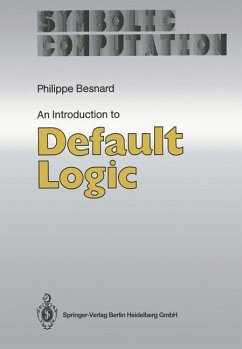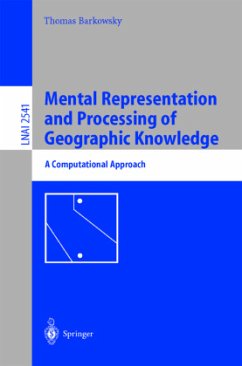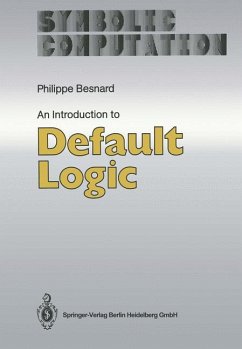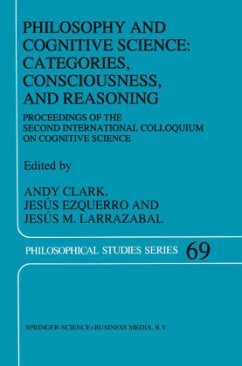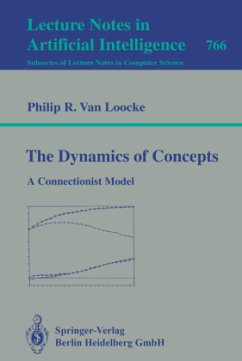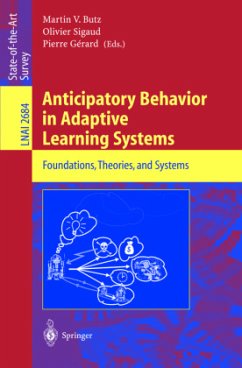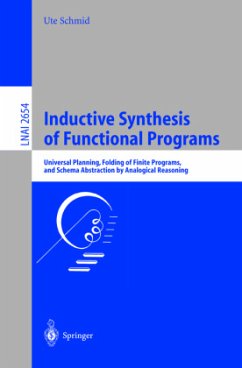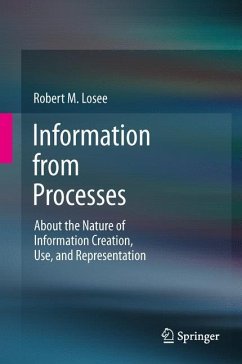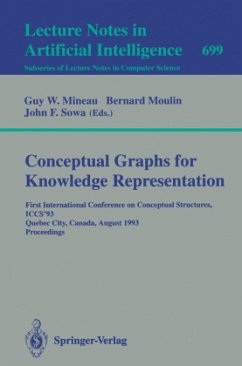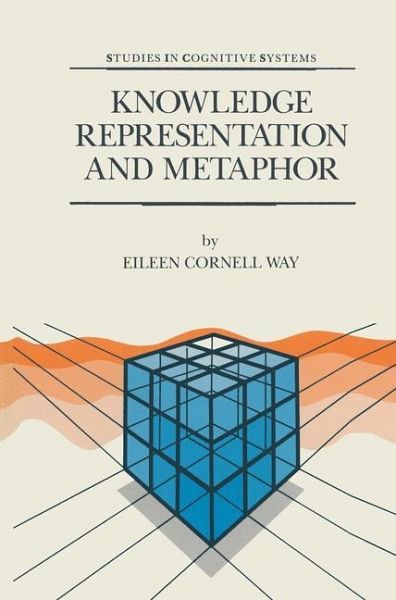
Knowledge Representation and Metaphor
Versandkostenfrei!
Versandfertig in 1-2 Wochen
115,99 €
inkl. MwSt.
Weitere Ausgaben:

PAYBACK Punkte
58 °P sammeln!
This series will include monographs and collections of studies devoted to the investigation and exploration of knowledge, information, and data processing systems of all kinds, no matter whether human, (other) animal, or machine. Its scope is intended to span the full range of interests from classical problems in the philosophy of mind and philosophical psychol ogy through issues in cognitive psychology and sociobiology (concerning the mental capabilities of other species) to ideas related to artificial intelligence and computer science. While primary emphasis will be placed upon theoretical, ...
This series will include monographs and collections of studies devoted to the investigation and exploration of knowledge, information, and data processing systems of all kinds, no matter whether human, (other) animal, or machine. Its scope is intended to span the full range of interests from classical problems in the philosophy of mind and philosophical psychol ogy through issues in cognitive psychology and sociobiology (concerning the mental capabilities of other species) to ideas related to artificial intelligence and computer science. While primary emphasis will be placed upon theoretical, conceptual, and epistemological aspects of these problems and domains, empirical, experimental, and methodological studies will also appear from time to time. The problems posed by metaphor and analogy are among the most challenging that confront the field of knowledge representation. In this study, Eileen Way has drawn upon the combined resources of philosophy, psychology, and computer science in developing a systematic and illuminating theoretical framework for understanding metaphors and analogies. While her work provides solutions to difficult problems of knowledge representation, it goes much further by investigating some of the most important philosophical assumptions that prevail within artificial intelligence today. By exposing the limitations inherent in the assumption that languages are both literal and truth-functional, she has advanced our grasp of the nature of language itself. J.R.F.



